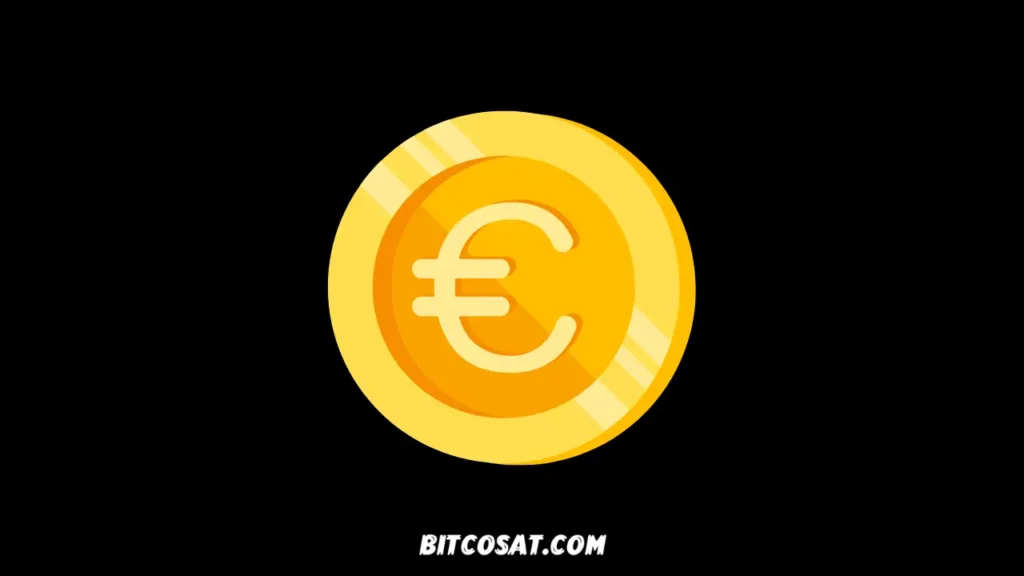French MP Eric Ciotti unveiled a new bill aimed at listing Bitcoin as a strategic national asset, a European first that could reshape French financial policy.
The proposal, submitted to the National Assembly this October, calls for the creation of a publicly managed strategic Bitcoin reserve, similar to gold and foreign exchange reserves, with an ambitious plan to hold up to 2% of the total global supply of the cryptocurrency—approximately 420,000 BTC over eight years.
The bill, introduced by the Center-Right Union party led by Ciotti, not only lists Bitcoin as a financial asset but also links it directly to French energy policies.
It proposes using surplus nuclear and hydroelectric power to power public Bitcoin mining operations, without impacting domestic electricity consumption.
The bill also stipulates that the state will retain any Bitcoins seized during judicial proceedings, and proposes directing a portion of the savings of popular accounts such as “Livret A” toward small daily purchases of the cryptocurrency, according to Invezz and reviewed by Bitcosat.
The ambition does not stop there, as it opens the door for citizens to pay some taxes using Bitcoin, provided they obtain constitutional approval.
Confronting Foreign Influence: Privacy First

Ciotti emphasized that this move aims to strengthen France’s financial independence, in light of attempts by other countries—primarily the United States—to acquire French mining assets, including artificial intelligence companies like Exaion.
The project links digital security with national sovereignty and strongly opposes attempts at foreign control of French digital infrastructure, asserting that local control of mining operations will ensure that data and energy remain within French borders.
Stablecoins but no central digital euro

In addition to Bitcoin, the law proposes the introduction of euro-backed stablecoins for use in small payments under €200, exempt from tax.
However, Ciotti rejects the idea of a digital euro issued by the European Central Bank, warning that it could pose a threat to citizens’ privacy and grant governments excessive power over personal spending.
Instead, it calls for a decentralized approach that allows the private sector to innovate within a regulatory framework set by the state.
Despite its ambitions, the bill faces significant challenges in parliament, as Ciotti’s party holds only 16 seats out of 577, making it difficult to pass without broad support from other parties.
But analysts believe that the mere introduction of the project represents a turning point in the French financial debate and reflects a growing interest in using digital assets as strategic tools, rather than merely speculative ones.
Potential impact on Europe

If France moves in this direction, it could inspire other European countries to rethink the relationship between energy, technology, and finance, especially in light of the ongoing debate over the regulation of the European Union’s digital asset market (MiCA).
The project opens the door to a new debate about whether European countries should hold digital assets in their national reserves or stick with traditional currencies.
Regardless of the law’s fate, the Ciotti initiative outlines a European shift from caution and regulation to the exploration and strategic integration of crypto.

